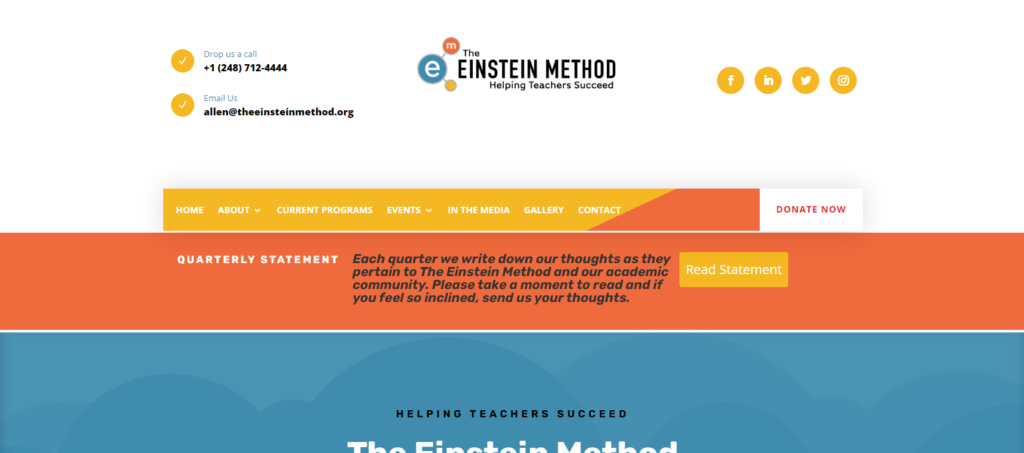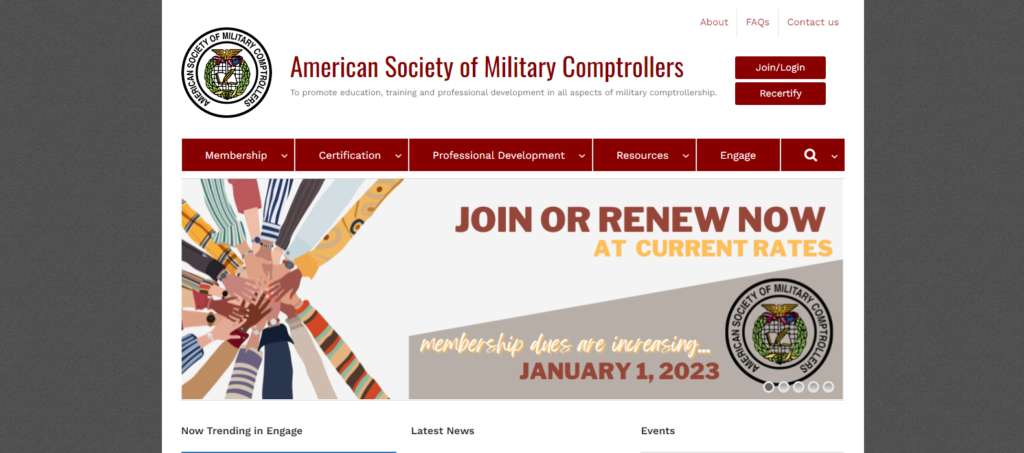Website Terminology Glossary
Server
A server is a computer system that provides services or resources to other computers or devices connected to a network. It can refer to both the hardware and software components that work together to provide these services. Some common types of servers include web servers, email servers, file servers, and database servers.
Here are some benefits of using servers:
Centralized data storage
Servers can provide a centralized location for storing and managing data, allowing multiple users or devices to access the same data from anywhere on the network.
Resource sharing
Servers can also provide shared access to hardware resources such as printers, scanners, or storage devices, making it easier to manage and maintain these resources.
Improved security
Servers can provide additional layers of security, such as firewalls and access control, to protect data and resources from unauthorized access or attacks.
Scalability
Servers can be scaled up or down as needed to accommodate changes in demand or usage, allowing organizations to efficiently manage resources and costs.
Remote access
Servers can be accessed remotely from anywhere with an internet connection, making it possible to work from anywhere and enabling remote collaboration and communication.
Servers provide a centralized, efficient, and secure way to manage and share resources on a network, making them an essential component of many organizations’ IT infrastructure. Here are some examples of servers:
Web servers
These servers host websites and web applications and serve them to clients when requested through a browser.
Email servers
These servers manage and store email messages and allow users to send and receive email through various email clients.
File servers
These servers store and manage files and folders that can be accessed by users or devices on the network.
Database servers
These servers store and manage data in a centralized database, allowing multiple users or applications to access and manipulate the data.
Application servers
These servers provide a platform for running and managing custom or third-party applications, such as enterprise resource planning (ERP) or customer relationship management (CRM) systems.
Game servers
These servers host online games and allow players to connect and play with each other over the internet.
Print servers
These servers manage and provide shared access to printers and printing resources on the network.
These are just a few examples of the many different types of servers that exist. Each type of server provides specific services and resources to clients on the network.
Need Help With Server ?



































